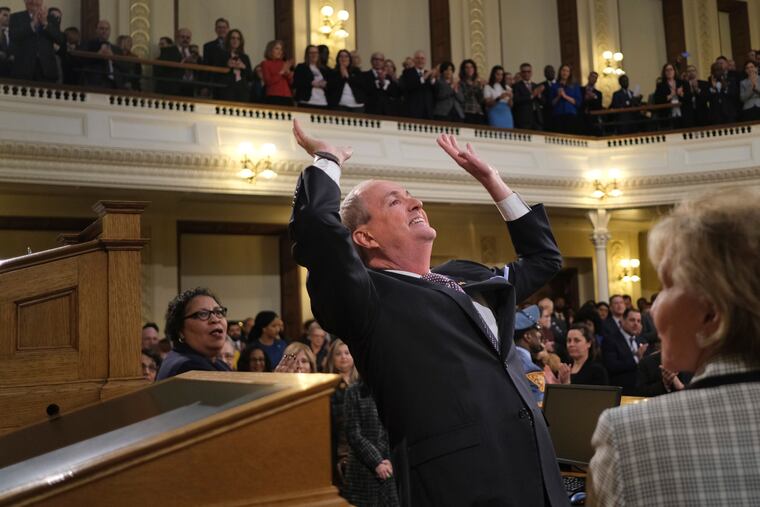New Jersey residents will pay most in taxes over a lifetime
Those living in New Jersey will pay on average a grand total of $931,698 during their lives. Nationwide, the average is $525,037.

Residents of New Jersey, Massachusetts and Connecticut will face the highest tax burdens over a lifetime, according to a new study.
Those living in New Jersey will pay on average a grand total of $931,698, well above the $827,185 for Massachusetts residents and $805,213 for Connecticut. Nationwide, Americans will pay $525,037 over their lives, which includes taxes on income, property, cars and retail spending, according to the study from financial technology company Self.
The average person will spend about one-third of earnings on taxes, according to the study, which is based on the 2019 Consumer Expenditure Report from the Bureau of Labor Statistics. The analysis extrapolates tax rates that were then in effect out over an 18- to 79-year life span.
The payments, which aren’t adjusted for inflation, could be even higher if President Joe Biden’s proposed tax increases get approved by Congress. He’s also pressing for significant relief for lower-income and middle-class families, including an extended, stepped-up child tax credit.
Most of the lifetime tax bill — nearly 65% — is in the form of state and federal levies on income. Auto taxes cost an average of $29,521 over the years. Californians and New Yorkers will pay the most in sales taxes, roughly $40,000, over their lifetimes.
At the other end of the scale, West Virginians will pay the least over their lives, at $321,000, the study showed.
High taxes in places like New York, New Jersey and California have become a central tension point in the debates over Biden's tax proposal.
Some House Democrats say they won't support Biden's tax plan unless it also includes an expansion of the state and local tax deduction, which allows taxpayers to write-off, on their federal filings, the levies they pay to their cities, counties and states.
That tax break, which has been a part of the tax code since 1913, was limited to $10,000 in President Donald Trump’s 2017 tax law. Democrats representing high-tax areas say they want the write-off to be fully restored.